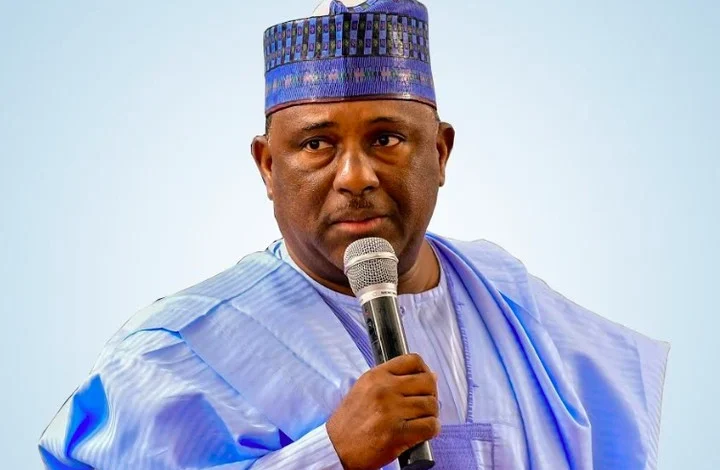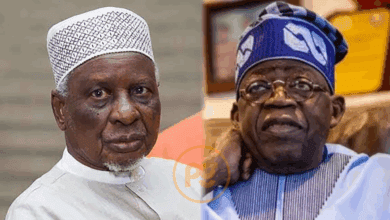Why BUA Cement couldn’t sustain selling cement at N3,500 per bag – Chairman


Chairman of BUA Cement, Abdul Samad Rabiu, has explained that dealers and the devaluation of the naira frustrated his company’s intention to slash the price of cement from N4,500 to N3,500 per bag last year.
Rabiu spoke on Thursday at the firm’s 8th annual general meeting held in Abuja.
In about a year ago, Rabiu had announced the reduction of cement price as part of its contribution to support the federal government’s quest to alleviate the suffering of Nigerians.
Providing an update at the meeting, the BUA chairman said his company had sold over a million tons of cement to dealers at a price of N3,500 per bag, intending for these savings to be transferred to buyers.
However, he bemoaned that dealers were selling each bag of cement for prices ranging between N7,000 and N8,000 to consumers — making huge profits from the high margin because the company had no control over prices in the open market.
The BUA chairman noted that the naira devaluation and the petrol subsidy removal also made the policy unsustainable.
“So, a lot of the dealers took advantage of that policy. Rather than pass the low prices to the customers, they were selling at even double the price we sold to them”, Rabiu said.
“Some were selling at N7,000 and N8,000 per bag. They made a lot of money with a very high margin. I think we had sold more than a million tons at N3,500 before we realised what the dealers were doing.
“And then, because of the issues that Nigeria faced at the time about the devaluation of the naira last year and the removal of fuel subsidy, we could not continue that policy.
“We wanted that price to stay at that level but dealers refused. So, we could not sustain that simply because we did not want to be in a situation where we were subsidising dealers.
“I’m referring to the point when the foreign exchange rate moved from about N600 to maybe N1,800 to the US dollar. So, it became even more challenging for us to sustain that price policy.”
Rabiu disclosed that the company still subsidised the product’s price despite the challenge caused by the naira devaluation.
He said the company continued to work towards making sure that prices did not escalate at levels of the percentage increase of the naira devaluation.
“If you see the exchange rate then, and the exchange rate today, you will see that cement is cheaper today than what it was last year, the reason being that if the dollar was up the costs go up by the same margin and the price of cement should be, maybe, N10,000 per bag,” he added.
“The price of cement, if you take the N4,000 that it was at the beginning of last year, and today’s N6,000, it’s only 50% increase.
“So, we directly pushed to ensure that the price of cement is not getting higher than what it is today.
“But then again, you have areas where everything is dollar-dominated. Energy is the biggest cost. And our energy today is denominated in dollars.”
Rabiu also said the company buys gas to power its plants “and gas is priced in dollars.”




